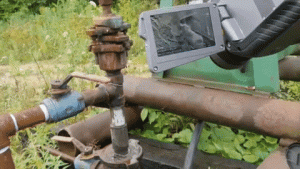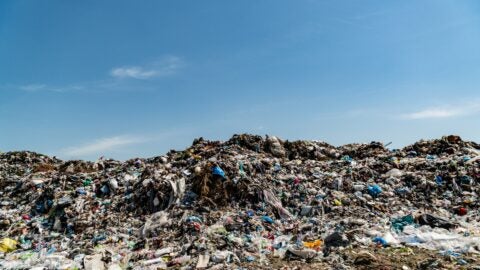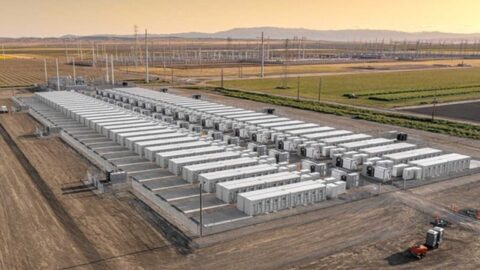Pennsylvania acts to avert a manufactured crisis to protect its economy, environment and $750 million in federal funds

By John Rutecki and John Walliser
On Nov. 21st, Pennsylvania Gov. Tom Wolf announced his administration would pursue a now-approved emergency rulemaking to finalize long-overdue volatile organic compound and methane rules for the conventional oil and gas industry.
Why the need for an emergency rulemaking?
Because with no public notice or hearing, Rep. Daryl Metcalfe, Chair of the House Environmental Resources & Energy Committee, blocked the rule from becoming final before the end of the year — setting off a chain reaction of consequences that could deprive Pennsylvania of as much as $750 million in funding for infrastructure like roads and bridges while dealing a blow to the state’s economy and environment.
Pennsylvania acts to avert a manufactured crisis to protect its economy, environment and $750 million in federal funds Share on XHow did we get here?
Pennsylvania’s VOC and methane rulemaking is mandated by federal law — specifically, the 2016 Control Technique Guidelines (CTGs) issued by the EPA — that establish the bare minimum states must do to reduce pollution. Pennsylvania’s rule has been in development since that time, when Gov. Wolf first announced his methane strategy in 2016.
Measured against today’s technology and accepted industry controls, the 2016 CTGs embody the lowest common denominator of protection and are accepted as standard practice among industry leaders.
The state’s proposed VOC and methane rule underwent a robust public comment period, with over 38,000 Pennsylvanians voicing their support, including a bipartisan group of local officials, as well as faith leaders, public health groups, veteran’s organizations, businesses, environmental groups and others.
On Oct. 12 of this year, the Environmental Quality Board approved modest changes to the proposed rule, which the Independent Regulatory Review Commission then signed off on in November.
Despite this federal mandate and broad public support, Chair Metcalfe waited an entire month, until the final days of session, to force a delay of the rule.
This made it inevitable that the state would miss a Dec. 16th deadline for Pennsylvania to finalize VOC and methane rule, which would trigger mandatory sanctions with impact on the regulated community and residents across the state — including putting up to $750 million in federal infrastructure funding in jeopardy.
Putting industry laggards over Pennsylvanians
The consequences of the Committee’s action were known by the Chair, as well as the members who supported it.
Instead of recognizing required and long-overdue protections to curb oil and gas pollution and protect the public, they elected to act on behalf of the conventional oil and gas industry, which has unceasingly fought against even the most basic safeguards and compliance measures — despite driving half the methane emissions in the state of Pennsylvania.
This same industry is now benefiting from billions of taxpayer dollars being utilized to plug the wells it’s abandoned. These are the same actors who are also pushing a false narrative about burdensome regulations, when in fact Pennsylvania has some of the weakest protection standards in the country.
Even in Texas the oil and gas industry — across conventional and unconventional operations and regardless of how much their wells produce — adhere to the basic standards in the 2016 CTGs.
This was a reckless move to put the self-interest of industry’s worst actors above that of Pennsylvania’s communities, economy and environment.
A commonsense path forward
Gov. Wolf recognized that without action, the public once again would bear the consequences of obstruction. Now approved by EQB, this emergency rulemaking will allow the VOC and methane rule to be published in the Pennsylvania Bulletin — ensuring Pennsylvania meets its deadline and preserves hundreds of millions of infrastructure dollars.
By law, the legislature will still have the option to act on the rule if it chooses, so the governor’s action does not override legislators’ authority.
It’s past time for these basic standards to be in place, and to hold the conventional industry accountable for its pollution. Next year, EPA will finalize and strengthen commonsense requirements that will further reduce oil and gas pollution — once finalized, states like Pennsylvania will be positioned to enact these new standards via State Implementation Plans, known as SIPs.
Pennsylvania is past due when it comes to critical oil and gas pollution protections, and it must look ahead to supporting true industry leadership and accountability while developing its State Implementation Plan, SIP, to attain and maintain air quality standards.












